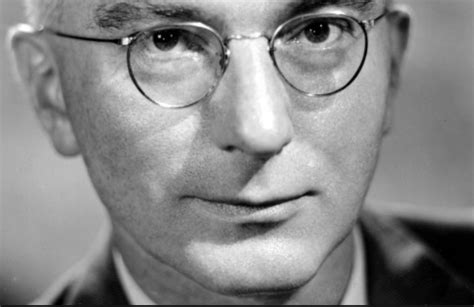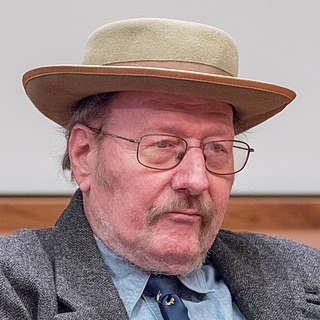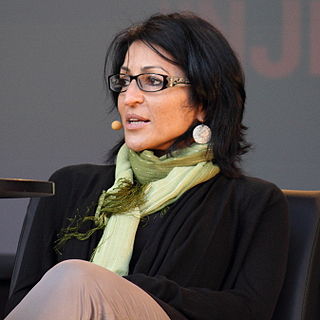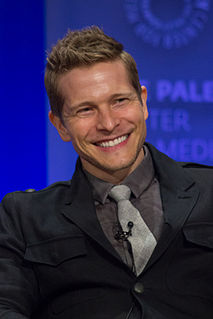A Quote by Neil MacGregor
In a very literal way, of course, Shakespeare did change the course of history: when it didn't fit the plot he had in mind, he simply rewrote it. His English histories play fast and loose with chronology and fact to achieve the desired dramatic effect, re-ordering history even as it was then understood.
Related Quotes
Art may not have the power to change the course of history, but it can provide a perspective on historical events that needs to be heard, even if it's seldom heeded. After all the temporary influences that once directed the course of history have vanished, great art survives and continues to speak to each generation.
Brandeis is so fast and loose and informal, I didn't have any problem offering a history course as a biologist. The barriers would be far more formidable, unscalable, at other institutions. But this is a user-friendly place. It's 'Shmedrik University' - that's a Yiddish word for even worse than schlemiel.
The real invasion of South Vietnam which was directed largely against the rural society began directly in 1962 after many years of working through mercenaries and client groups. And that fact simply does not exist in official American history. There is no such event in American history as the attack on South Vietnam. That's gone. Of course, It is a part of real history. But it's not a part of official history.








































